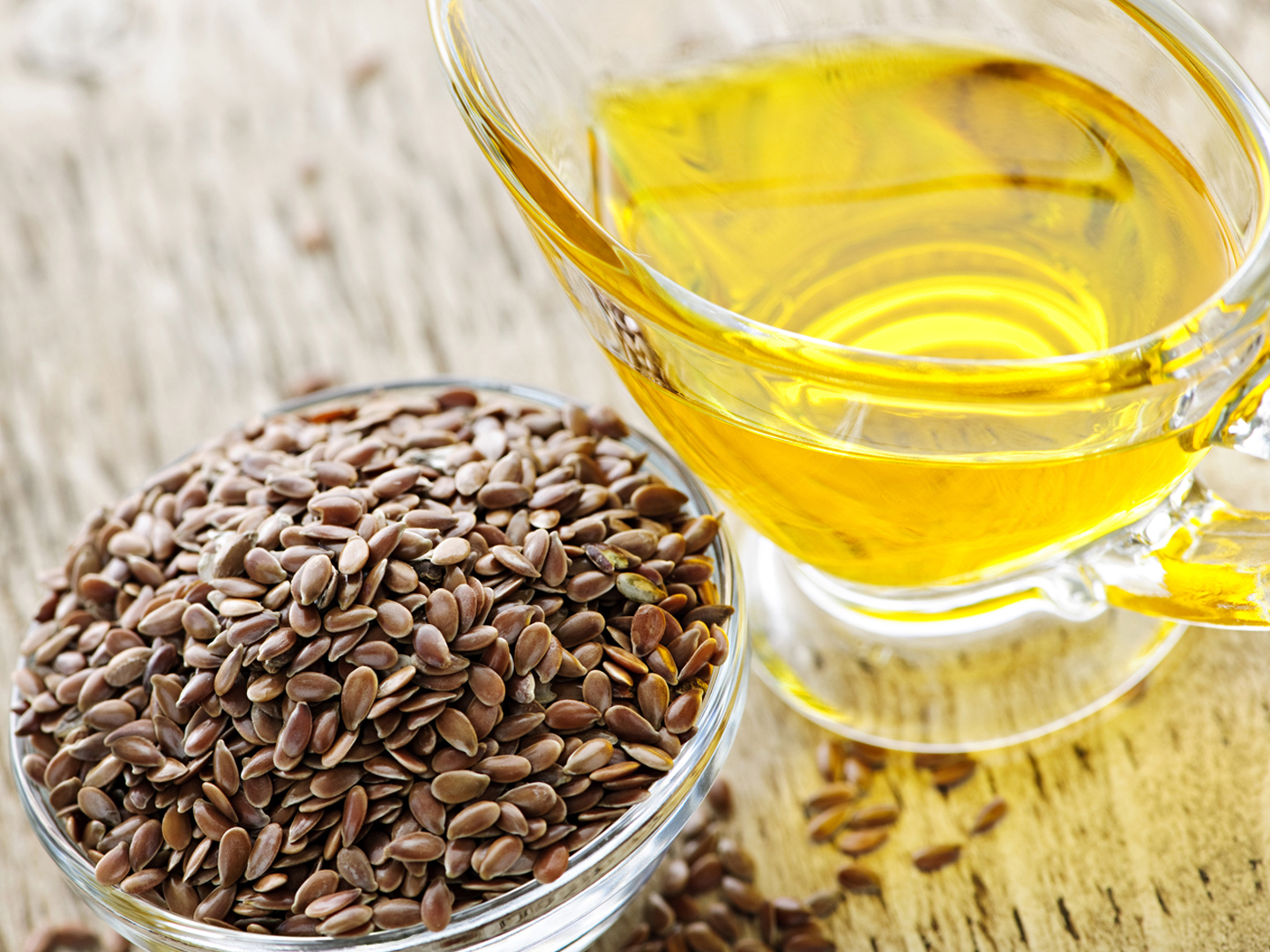Food for Male Fertility?
My wife and I have been trying to conceive. Are there any changes I can make in my diet to increase the quality of my sperm? Foods to emphasize or avoid?
Andrew Weil, M.D. | June 3, 2013

Your question is well timed. My colleague Victoria Maizes, M.D., executive director of the Arizona Center for Integrative Medicine, has just published a book titled Be Fruitful: The Essential Guide to Maximizing Fertility and Giving Birth to a Healthy Child. (I wrote the foreword to this reliable and practical handbook for couples who want to conceive.)
Dr. Maizes addresses male as well as female fertility issues. Early on, she notes that antioxidants are especially important to male fertility and makes the point that 80 percent of American men don’t get the recommended five servings of fruits and vegetables a day that would provide those vital micronutrients. We know how important antioxidants are to healthy sperm following a scientific review of the medical literature from the Cochrane Library published in 2011. It suggested that oxidative stress may damage sperm cells and that sperm-related problems likely underlie many cases of unexplained subfertility. When such problems are identified, taking an oral antioxidant supplement can make a big difference: in the study, men who took the supplement were four times more likely to impregnate their partners than controls were, and the pregnancies were five times more likely to result in a live birth.
Dr. Maizes says that while prudent supplementing can address antioxidant shortfalls, it cannot match the benefits of eating more fruits and vegetables. Here are some other findings about how diet can influence male fertility discussed in the book:
- Omega-3 fatty acids: A study published in the February 2010 issue of Clinical Nutrition examined the differences between 82 infertile men with reduced sperm counts and 78 normally fertile men. Compared to the infertile participants, the fertile men had higher levels of omega-3s in both their blood and spermatozoa. Dr. Maizes writes that this provides presumptive evidence of the importance of omega-3s to male fertility. Some animal studies have shown that when omega-3s are given to males, the essential fats concentrate in sperm. Omega-3s contribute to sperm’s fluidity, which is necessary for it to penetrate and fertilize the egg. You can get omega-3s naturally by eating fish, particularly oily, cold-water fish such as wild Alaskan salmon, sardines, mackerel, herring and sablefish (black cod) two or three times per week. If that’s not possible, I recommend taking two to four grams daily of a brand of fish oil capsules providing both EPA and DHA.
- Folic acid and zinc: In a study in the Netherlands, researchers saw dramatic sperm count increases in subfertile (and fertile) men after treatment with a combination of zinc sulfate and folic acid supplements. Sperm counts increased by 74 percent in the subfertile men.
- Fat intake: A study published in the journal Human Reproduction in May 2012 found that sperm counts were 43 percent lower and sperm concentration 38 percent lower in men whose total fat intake was highest compared to men whose fat intake was lowest. This association was driven by intake of saturated fats, the investigators found. Because of this effect, Dr. Maizes recommends that men’s diets contain less than 10 percent saturated fat.
- Vitamin D: Dr. Maizes also notes that preliminary evidence suggests vitamin D deficiency in men correlates with increased risk of autism in their children. Vitamin D is also important in repairing DNA damage and protecting against oxidative stress, so men should make sure their blood levels are optimal.
Andrew Weil, M.D.









